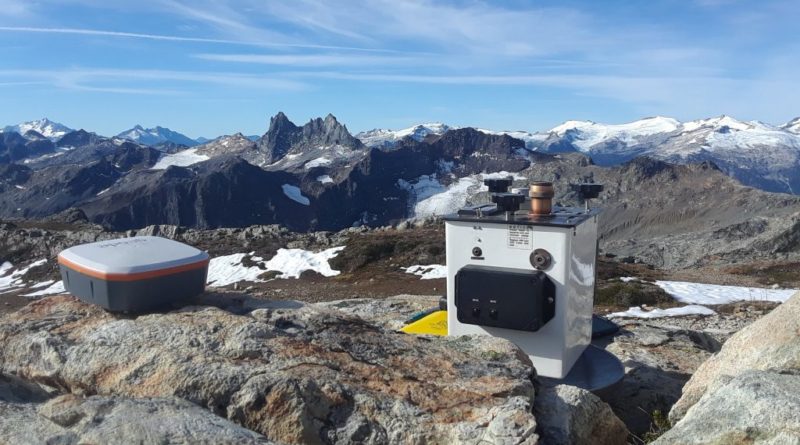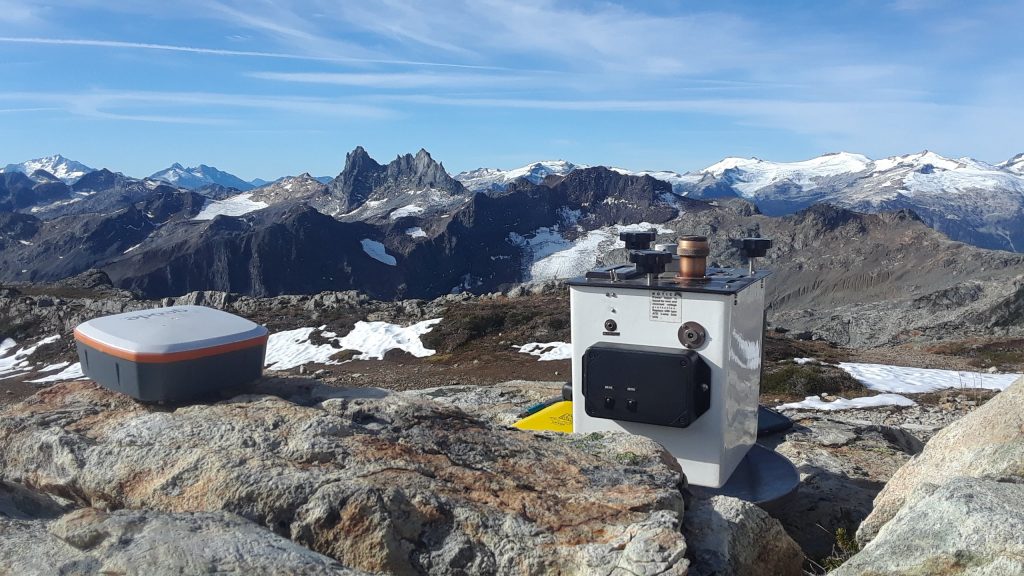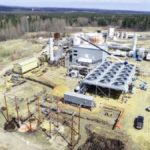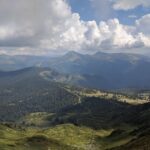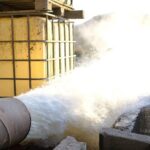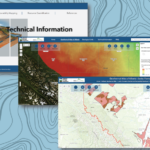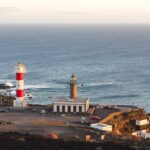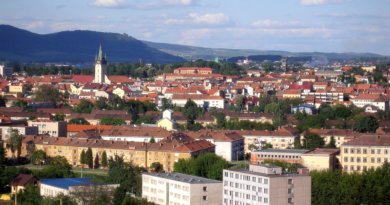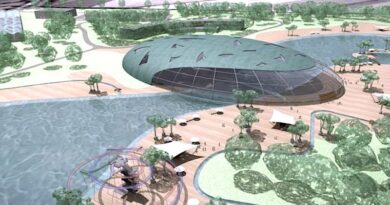Field studies enhance understanding of geothermal potential in Mount Cayley, Canada
Energy Disrupter
Research done by Geoscience BC in Mount Cayley enhances the understanding of the area’s potential geothermal resource with new insights on geology and ground temperature.
A report released by Geoscience BC enhances the understanding of the potential geothermal resource in Mount Cayley, located in southwest British Columbia in Canada.
The report was based on the findings of fieldwork done in 2021 for the Garibaldi Geothermal Volcanic Belt Assessment Project. The fieldwork involved dating of bedrock, gravity, magnetotelluric (MT), and ground temperature surveys. The results of Phase 2 of the project are expected to be released after the 2022 field season.
The new data will be used to produce a three-dimensional model of the rocks, faults, and aquifers in the Mount Cayley area.
“This research is essential to informing decisions and encouraging investment in this renewable resource. Baseline geoscience information about the depth, temperature and permeability of potential aquifers helps us to understand their suitability to generate geothermal heat and power,” said project lead and Geological Survey of Canada Research Scientist Dr. Steve Grasby.
“This research plays an important role as Canada seeks to develop renewable energy sources with low environmental footprints. It can guide geothermal energy producers, communities, governments, and Indigenous groups to a better understanding of the potential geothermal resource throughout the Garibaldi Volcanic Belt and beyond.” added Geoscience BC Manager, Energy and Water Randy Hughes.
The project is funded by Natural Resources Canada and Geoscience BC, and includes researchers from Carleton University, Douglas College, the Geological Survey of Canada, Simon Fraser University, University of Alberta, University of British Columbia and University of Calgary. Field support has been provided by Lil?wat and Squamish First Nations.
Source: GeoscienceBC

